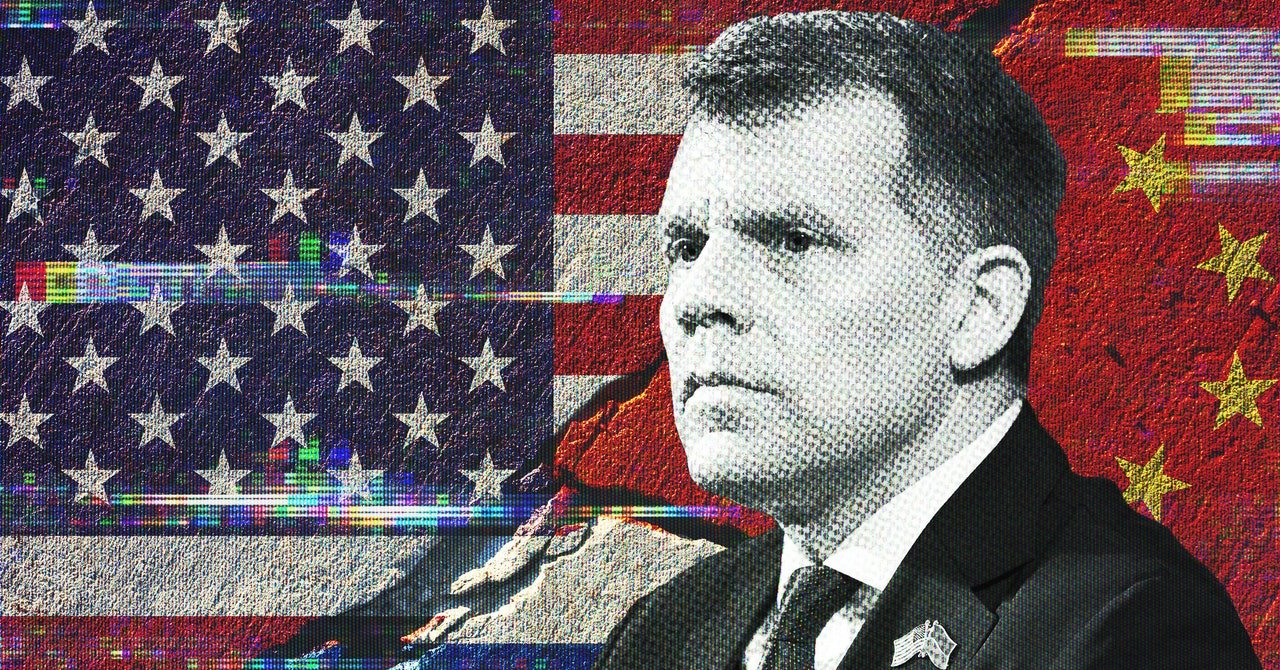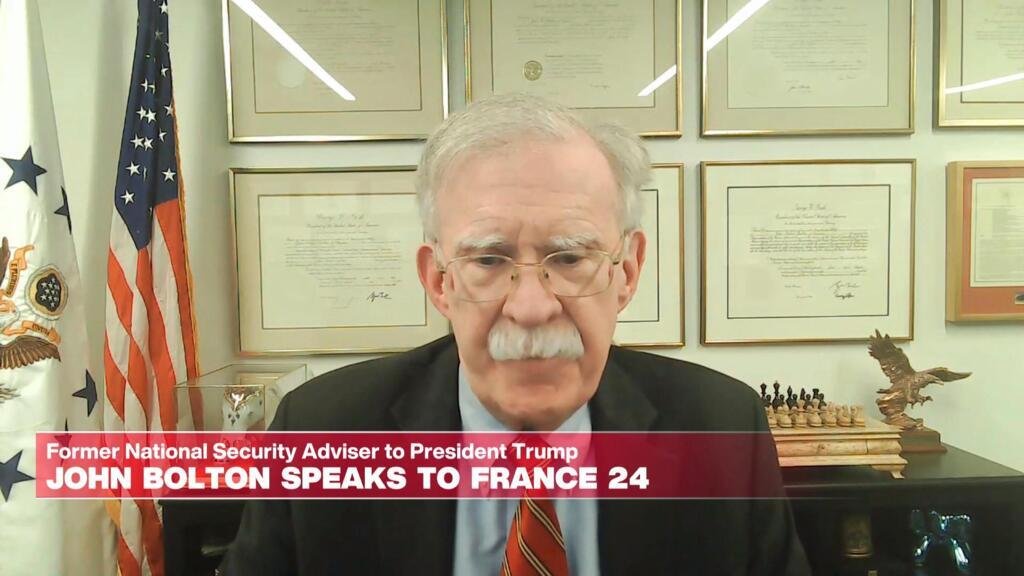
European governments are considering whether Trump will continue US support for Ukraine and NATO in a conflict with Russia that has played in cyberspace. Fick’s team was instrumental build a process for speedy delivery of cyber-defense assistance to the embattled Ukrainian government.
“I was in Ukraine before Christmas, I was in Poland, I was in Estonia, an up and down in the eastern part of NATO,” he said, adding that he felt “both a deep desire for of the United States to remain engaged and a recognition that European partners must do their part—that they are, in fact, increasingly doing.
More broadly, Fick heard “a strong desire among many allies and partners” for the US to continue to engage with China and Russia in tech and cyber discussions at international bodies such as the UN and the Group of 20.
“Without the United States being deeply involved, you’re going to see the Chinese more deeply involved, you’re going to see the Russians more deeply involved,” Fick said. “There is a fairly broad view (around the world) that the US should, for its own interest and for the interest of our allies and partners, remain involved in multilateral organizations.”
Fick sympathizes with Republicans who consider these multilateral organizations to be slow and timid, but he wants Trump’s team to “recognize that the alternative is not to reduce the influence of these organizations; the alternative is just that they become playing field for our competitors and our opponents.”
Celebrating “Sea Change”
Looking back on his time as America’s cyber ambassador—which saw him spend a total of more than 200 days traveling around the world on nearly 80 trips to visit key US allies and partners—Fick is proud if how his team launched a new bureau within the State Department, grew it to nearly 130 employees, and delivered results he said revolutionized digital diplomacy.
One of his greatest accomplishments was the launch of the a foreign cyber aid fund that support programs to deploy security assistance to allies affected by the hack, subsidize new undersea cables, and train foreign diplomats on cyber issues.
The security assistance project saw an early test in November when Costa Rica faced another major ransomware attack. “We had people on a plane the next morning, Thanksgiving morning, with hands on keyboards with Costa Rican colleagues that night,” Fick said. “That’s amazing. That’s a sea change in how we do it, and it strengthens our hand in providing support to these states in the middle.
Fick also focused on preparing the Foreign Service for the modern world, achieving his goal of train at least one tech-savvy diplomat for every foreign embassy (about 237 total) and successfully lobbied to add digital fluency to the State Department’s criteria for career ambassador positions. He also helped State balance the Pentagon in White House discussions about foreign technology issues—putting “American diplomacy literally back on the table in the Situation Room on technology topics.”
And then there’s his team’s support for US cyber aid to Ukraine, from security software to satellite communications to cloud migration for critical government data—work he says offers a template for future public-private foreign-aid partnerships.
A Final Warning
Fick shared his thoughts on China, 5G, AI, deterrence, and other cyber issues with Trump’s transition team, and he said there is more to do to keep cyber diplomacy “front and center.” of the State. But as he prepares to leave the government, he has one major piece of advice for the incoming administration.
“It’s important to have a bias for action,” he said. “We end up admiring a problem for a long time rather than taking a decisive step to solve it … That decisive step may not be perfect, but doubt is a decision, and the world goes on without you. “
Put another way: In an era of rapidly advancing technologies and intensifying geopolitical competition, large bureaucracies like the State Department sometimes have to act.
“The job of the leaders of these large organizations,” says Fick, “is to move the org to change faster than itself.”









